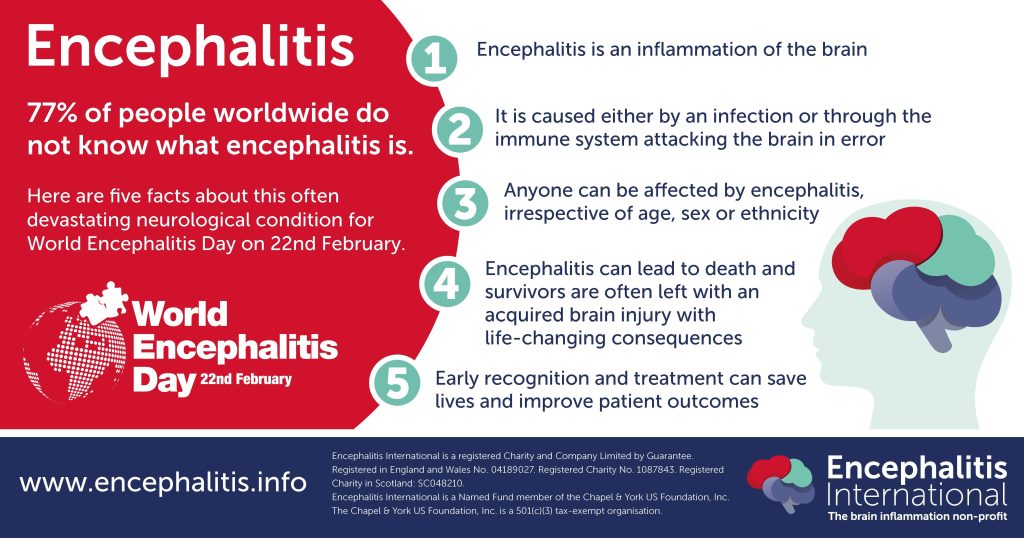New Survey About Encephalitis Warning Signs
A recent survey commissioned by Encephalitis International uncovers a concerning trend among Filipino emergency medical professionals: they often overlook encephalitis, a severe brain condition, despite common symptoms. This oversight and low confidence in identifying the condition highlight the urgent need for enhanced medical training.

According to the survey, over half of respondents didn’t consider infectious or autoimmune encephalitis when presented with typical symptoms. Shockingly, despite encephalitis’s potential fatality rate of up to 40%, most respondents didn’t recognize death as a possible outcome of delayed treatment.
empower medical professionals
Dr. Ava Eason, CEO of Encephalitis International, emphasized increasing awareness and expertise. She announced plans for globally accessible training programs to empower medical professionals to recognize and treat encephalitis effectively in collaboration with organizations like the World Health Organization.
Encephalitis can affect anyone, regardless of age, gender, or ethnicity, with symptoms varying based on the type. Prompt recognition by first responders is crucial, as misdiagnosis can lead to severe outcomes or even death.
crucial support for research, diagnosis, and treatment

Roschelle Del Rosario shared her son’s battle with encephalitis, highlighting the challenges faced due to misdiagnosis and limited local resources. Despite these obstacles, organizations like Encephalitis International provide crucial support for research, diagnosis, and treatment.
Dr. Ferron Ocampo, a neurology fellow, stressed the need for improved training in encephalitis recognition and management, advocating for greater awareness and resource allocation. He emphasized the importance of collaboration to enhance detection, diagnosis, and treatment globally.
To address this need, Encephalitis International is launching a major fundraiser, “Don’t Delay. Give Today.,” aiming to provide accessible training modules for medical professionals worldwide, ultimately saving lives through early recognition and treatment.












0 Comments